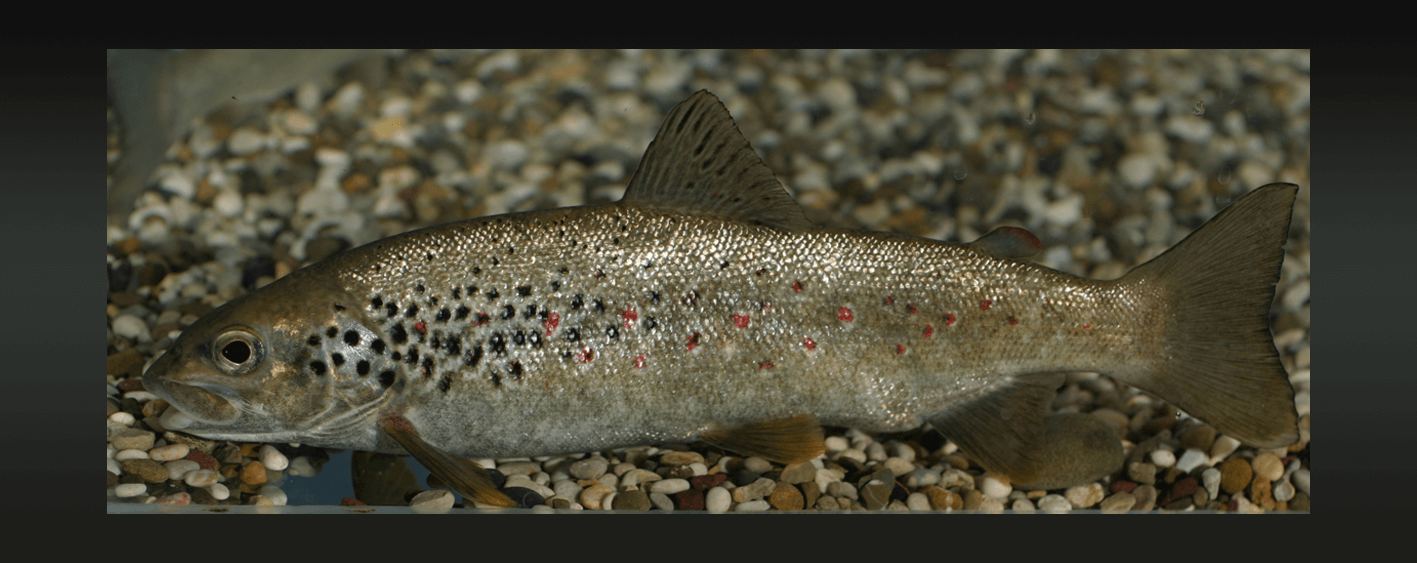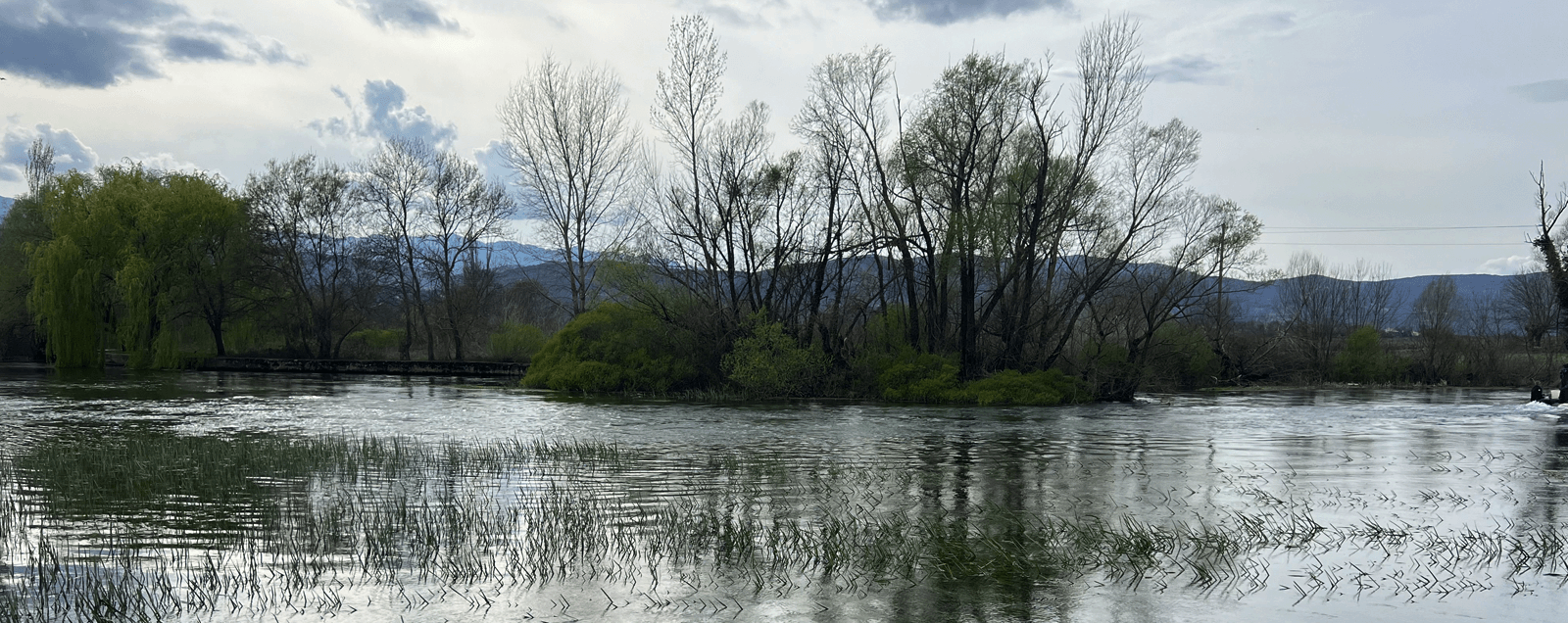Implementation of Project Activities: Monitoring of Invasive and Alien Fish Species on the Vrljika and Jadro Rivers
As part of this project, we conducted monitoring of invasive fish species on the Vrljika and Jadro rivers. Despite challenging weather conditions, our expert team successfully tackled field tasks, allowing us to gain a detailed understanding of the presence and distribution of invasive species in these watercourses.
Identified invasive species, such as rainbow trout on the Jadro river and pike on the Vrljika river, have a significant negative impact on native fish populations, especially on the softmouth trout, which was subjected to competition and predation. However, besides these invasive species, we also observed the presence of other non-native species such as carp (Cyprinus carpio), pumpkinseed (Lepomis gibbosus), perch (Perca fluviatilis) and Prussian carp (Carassius gibelio), which can also have undesired consequences on the softmouth trout.
The implementation of monitoring was crucial for the development of effective protection and management strategies, aimed at reducing the negative impact of all invasive and alien fish species and preserving the balance and biodiversity of our rivers.
Following thorough monitoring, our next phase involves continuous removal of invasive and alien fish species on a monthly basis, which will further contribute to the preservation of natural habitats and native fish populations on the Vrljika and Jadro rivers.
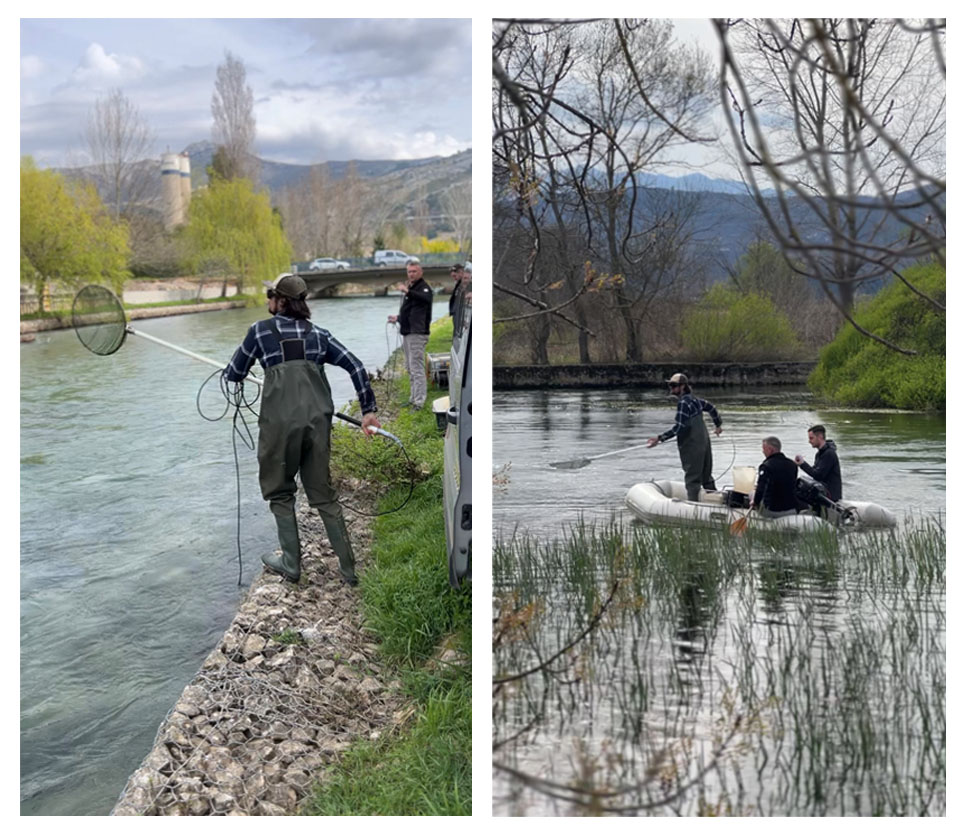
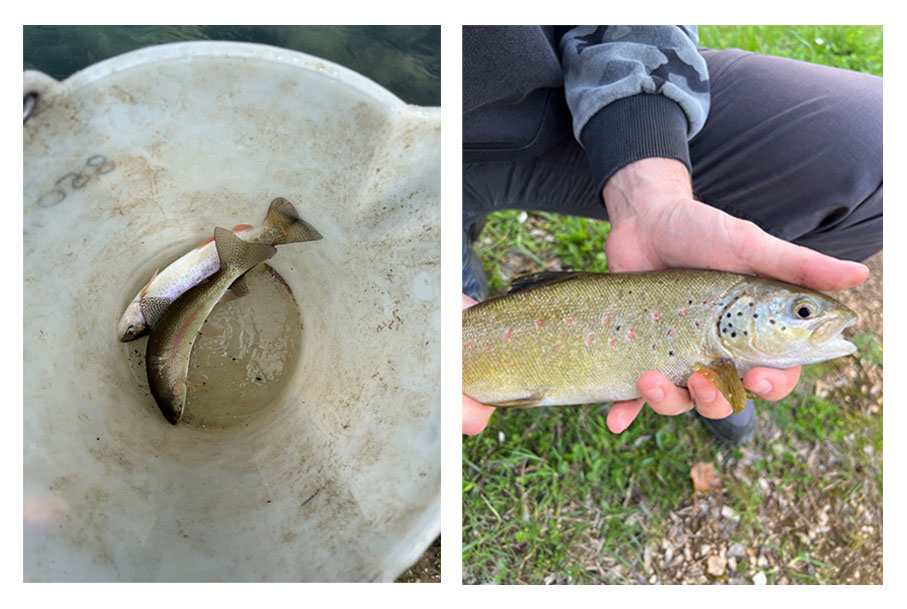
Presentation of Improve River LIFE project at the SAP project users' networking meeting
On February 29th, 2024, we had the extraordinary opportunity to present our project at the networking meeting of SAP project users titled ''Results and Impacts of LIFE Projects in Croatia''. This event allowed us to share our experiences and goals with other users of the LIFE program, as well as to become acquainted with the innovative activities and approaches of other interesting projects.
The meeting was extremely beneficial for the exchange of knowledge and experiences, providing a unique opportunity for networking with colleagues working on similar initiatives. Discussions and presentations of other projects broadened our perspective and inspired us for further work and development of our project.
This event once again confirmed the importance of collaboration and knowledge sharing in achieving sustainable and successful projects. We are grateful for the opportunity to be part of this inspiring community and look forward to future collaborations and projects that will emerge from these new connections.
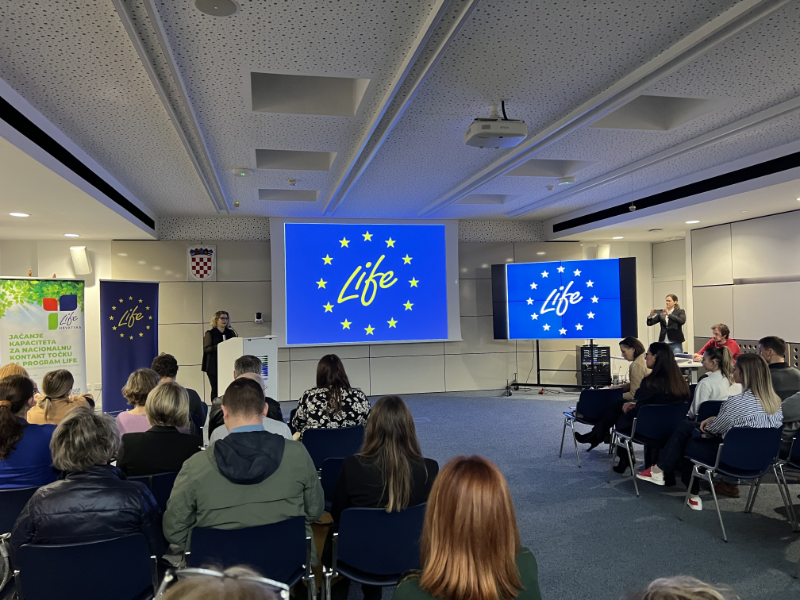
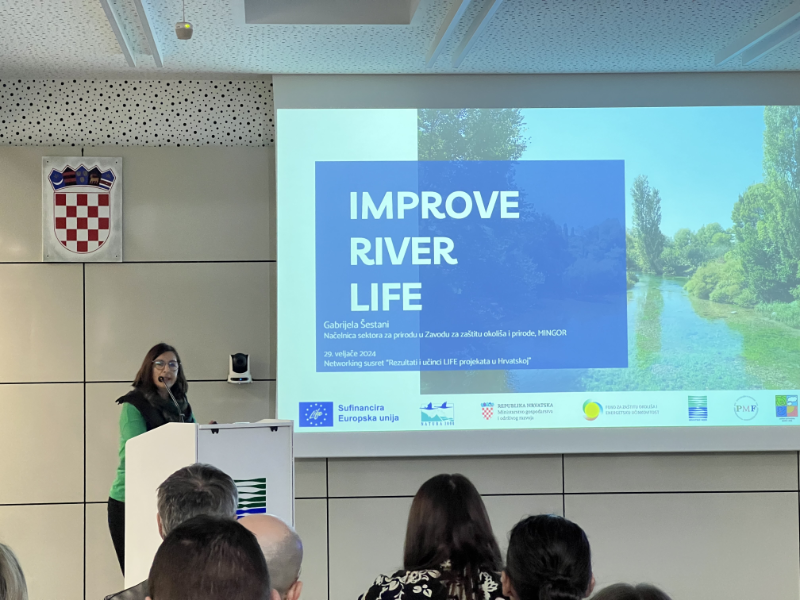
Kick-off conference of the Improve River LIFE project
As part of the 'Improve River LIFE' project, a successful Kick-off event was held at the 'Hidden Dalmatia' Visitor Center in Dugopolje on February 2nd.
The Kick-off event was attended by representatives of key project partners, including the Division for Environmental and Nature Protection of the Ministry of Economy and Sustainable Development, Croatian Waters, Public institution for the management of protected areas of nature 'More i Krš', and the Faculty of Science. Also present were the Prefect of the Split-Dalmatia County, representatives of relevant organizations and institutions, and stakeholders involved in this project.
The main focus of this project is ensuring river connectivity in the Natura 2000 areas by removing artificial barriers in the species distribution area, among other conservation measures aimed at the ecological needs of the species.
In addition to the Kick-off event, a field visit to the barriers on the Jadro river was conducted, providing partners and stakeholders with an opportunity to directly explore the areas where conservation and restoration measures will be implemented. After the field part, a project team meeting was held. The meeting discussed key strategies and plans for project implementation and further defined the roles and responsibilities of all team members.
Following the successful Kick-off event, the project moves into the phase of implementing activities, which will start in March and continue throughout the year. We expect these activities to significantly contribute to the conservation and restoration of the habitat of this important endemic species and enhance the overall ecosystem.
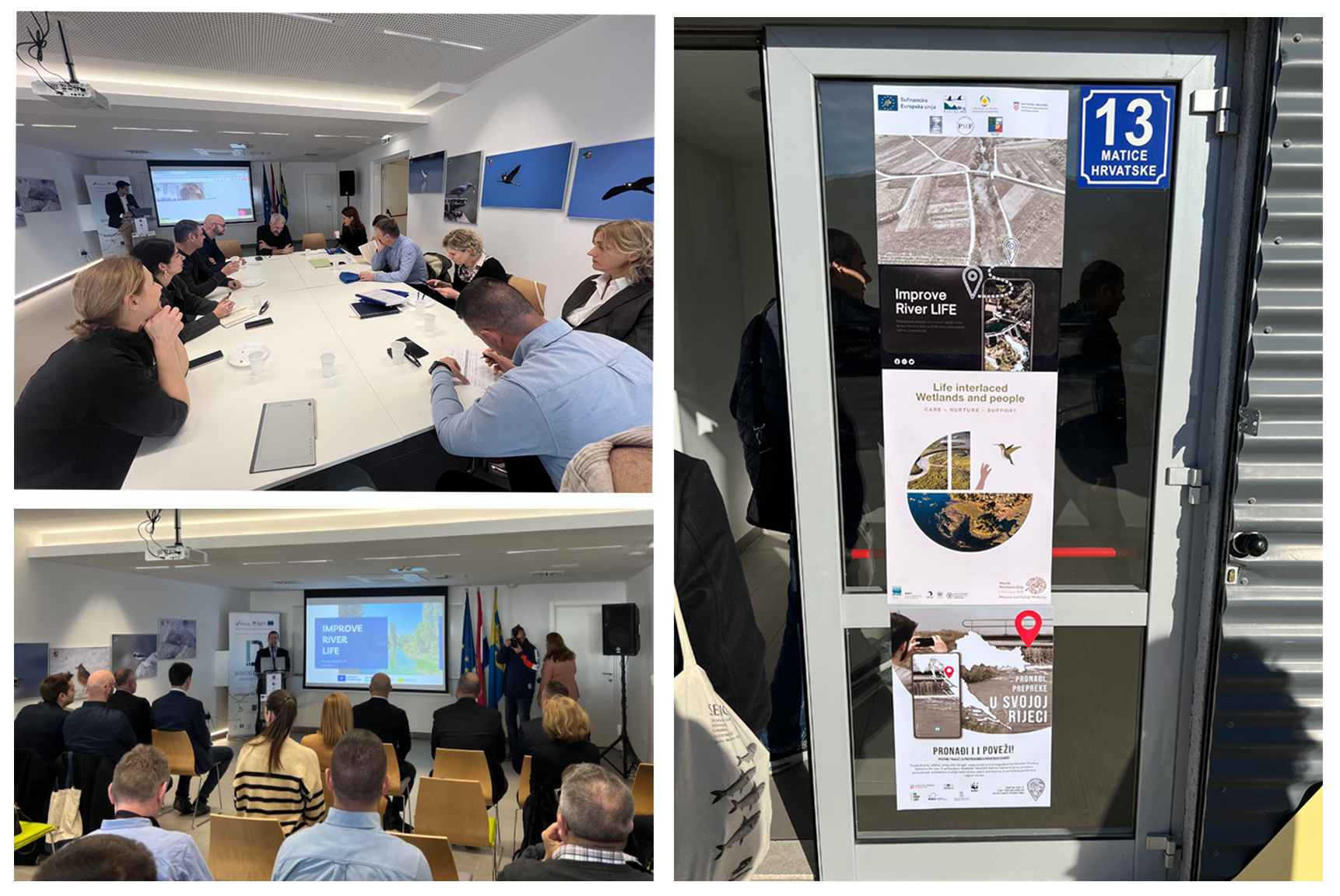
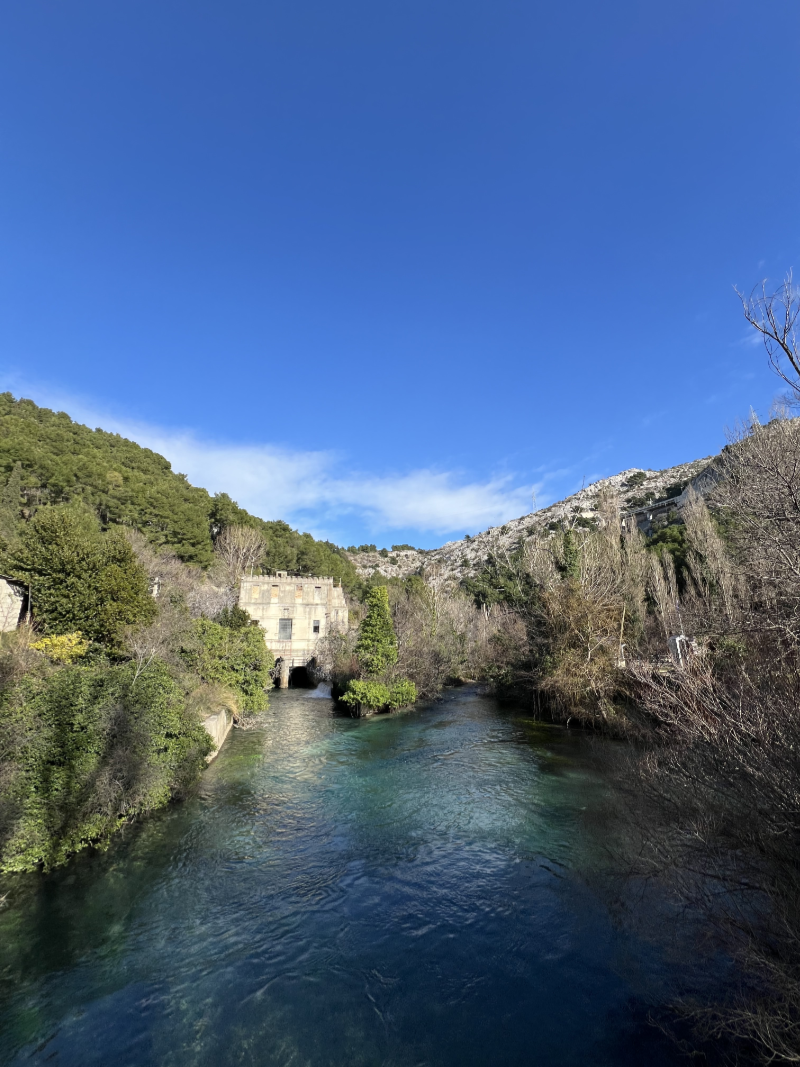
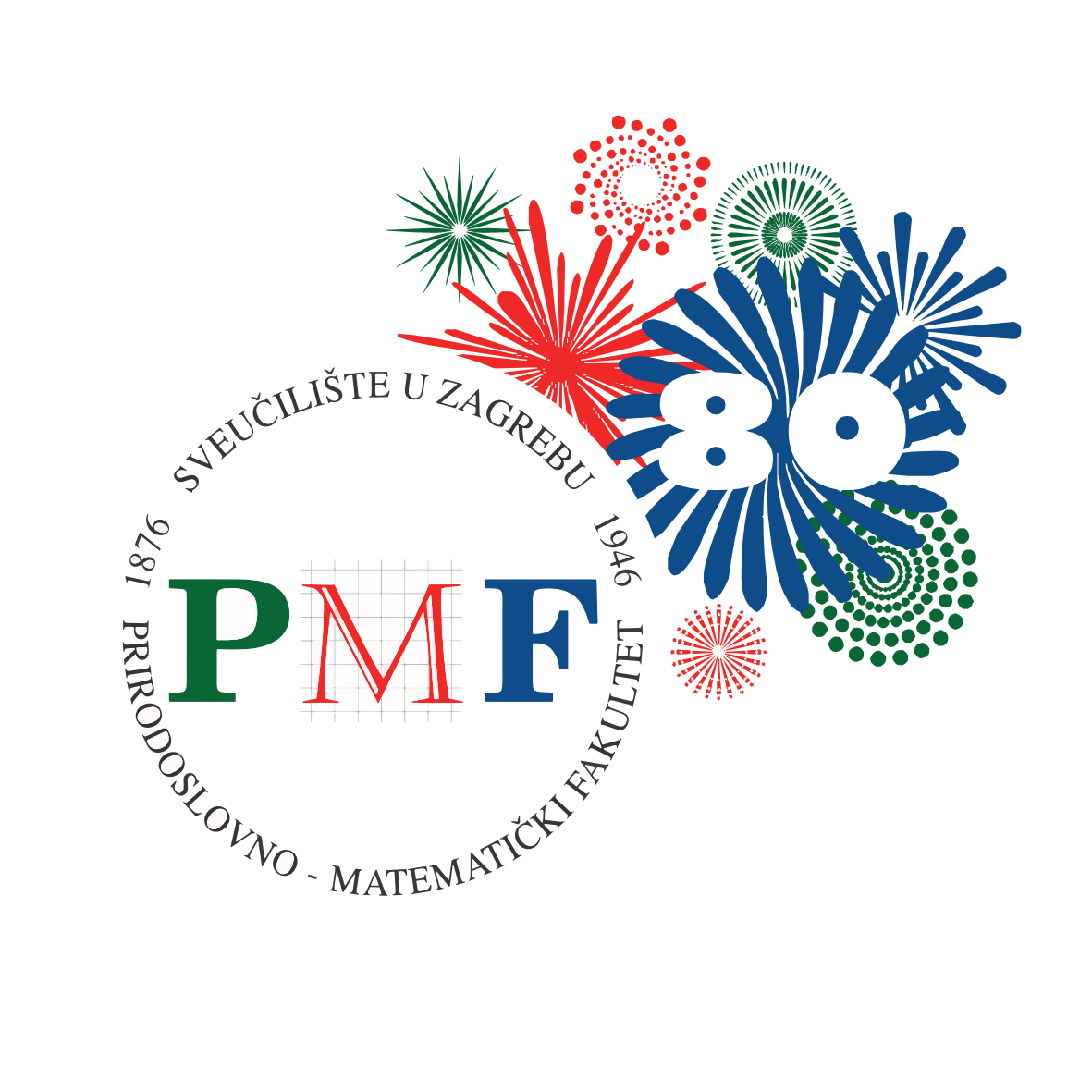
 Pristupačnost
Pristupačnost